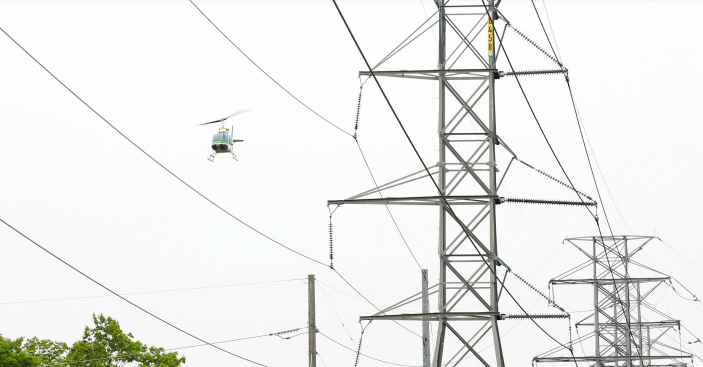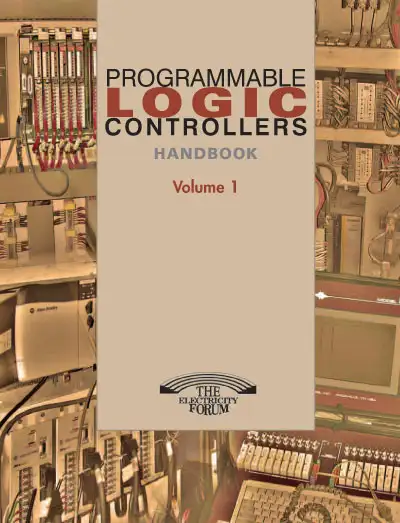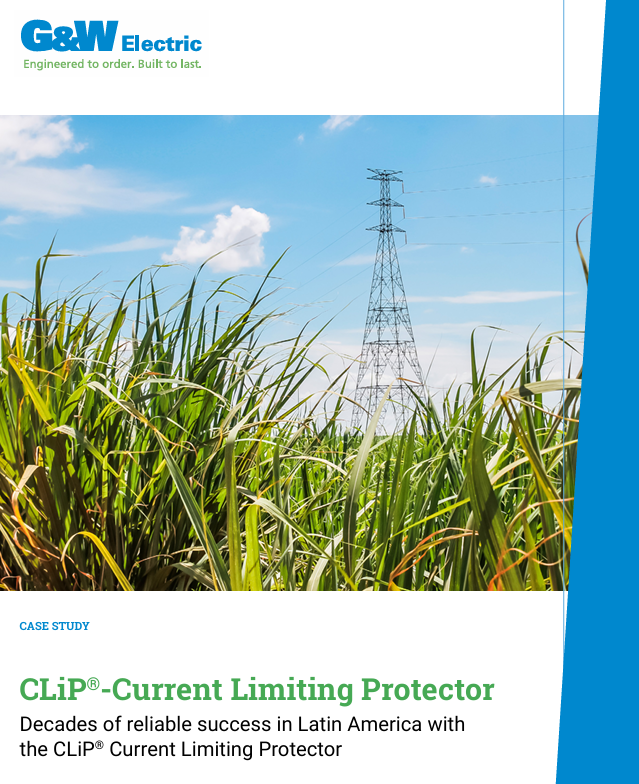Fuses
Protection for Renewable Energy Systems
Balancing Protection with Performance
Switchgear
Cost-Benefit Analysis of Upgrading to Modern Air Insulated Switchgear
Protective Relays
Differential Protection for Power Transformers
Overvoltage Protection
Smart Voltage Limiting Devices and IoT Integration
Ground Fault Protection
Line Faults vs. Earth Leakage: Ensuring Proper ELCB Functionality and Avoiding Nuisance Tripping
Protection
Improving System Reliability with Neutral Grounding Resistors
Power grid reliability is paramount for ensuring a consistent and secure supply of electricity. Ground faults, while relatively infrequent events, pose a significant threat to system stability. Neutral grounding resistors (NGRs) play a crucial role in mitigating the negative effects of ground faults, contributing to a more robust and reliable power grid. This article explores how NGRs help minimize transient overvoltages caused by faults and enhance overall system stability, thereby reducing the risk of cascading outages and disruptions.
Minimizing Transient Overvoltages
Transient overvoltages are sudden, temporary increases in voltage within a power system, typically caused by lightning strikes, switching operations, or fault conditions. These overvoltages can severely damage power equipment and lead to cascading outages across the network.
Role of NGRs in Overvoltage Control
NGRs limit the ground fault current to a level that the system can withstand without significant damage. By controlling these currents, NGRs reduce the magnitude and duration of transient overvoltages, thereby protecting sensitive equipment from electrical stress and potential failure.
Enhancing System Stability
System stability is crucial for reliable power delivery. Transient overvoltages can cause unpredictable system behavior, including protective device misoperation, which may lead to partial or complete system shutdowns.
Stabilizing Voltage Levels
By limiting...


















